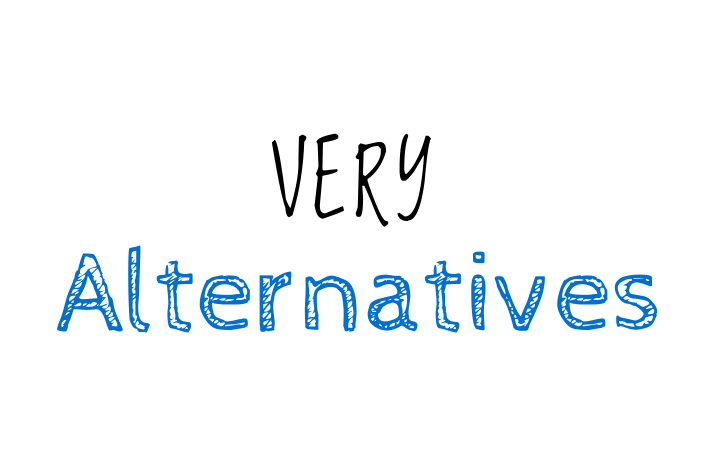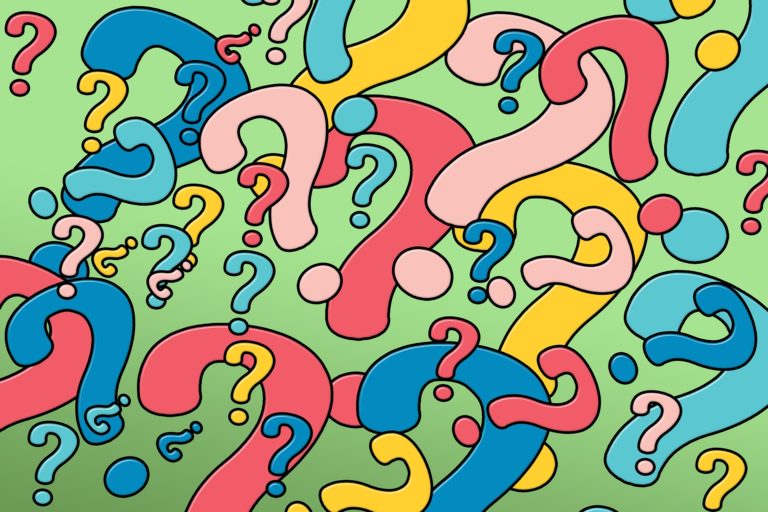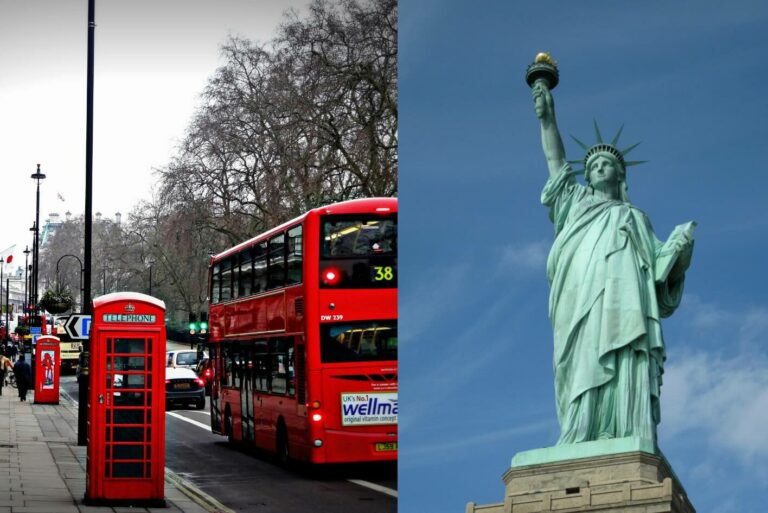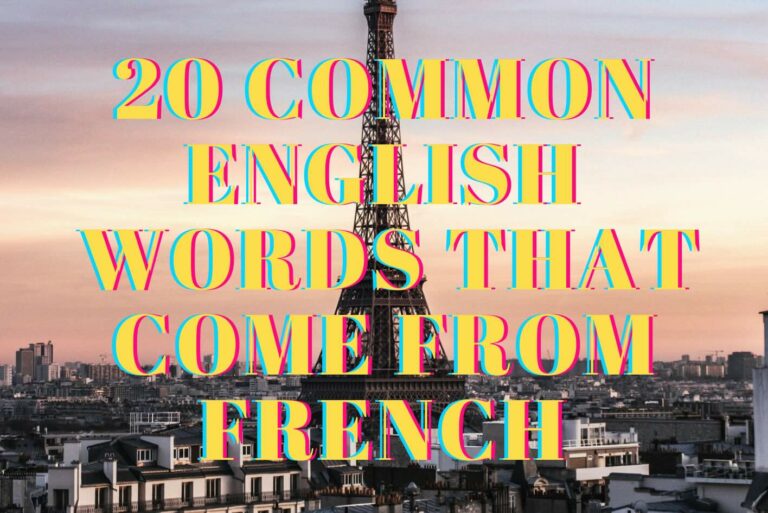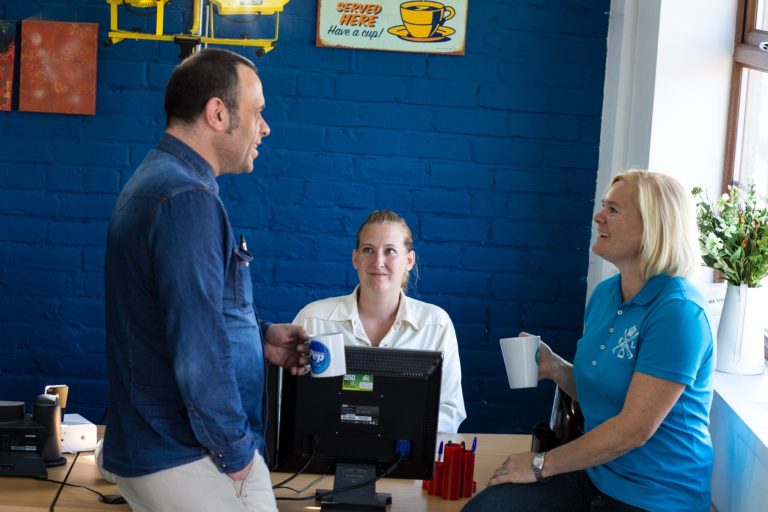Words to Use Instead of “Very”
“This meal was very delicious!” “That book is very well written.”
While learning English you will realize that a fluent speaker loves to use words such as “very“. When we are showing excitement, speaking of something serious, or expressing our general opinion, we use the word very to help express ourselves.
Intensifiers in English
Very is a great way to show more expression with the way that we speak. Very is considered to be an intensifier in the English language. An intensifier allows us to describe adjectives or other adverbs while adding emphasis.
While using the word “very” is helpful, there are other words to use for expression. This will help us refrain from being redundant. Let’s take a look at some variations of “very” and expand our English usage!
“Very” alternatives
Dangerous – To express when something is “very dangerous” there are other options that we can use to express the same feeling.
Very dangerous – formidable, precarious, perilous
“The hero went on with a perilous journey ahead.”
“The alley was dark and formidable at this hour of the night.”
“The villain laughed with a precarious look on his face.”
Busy – What else can be said when we are “very busy”. We can use other variations that include metaphors.
Very busy – swamped, hectic, occupied
“I am so swamped with work!”
“My life has been so hectic since we had the baby.”
“I’m sorry I have been so occupied lately.”
Angry – When you are so angry! How else can we convey being “very angry”?
Very angry – irate, furious, outraged
“These new policies have made me irate!”
“I am furious with you!”
“I am outraged by your behavior!”
Bad – When describing an event, object, or opinion of something there are other ways to express this that do not include “very bad”.
Very bad – unacceptable, awful, atrocious
“This movie is awful.”
“These grades that you are making in school are unacceptable.”
“What an atrocious color.”
Beautiful – To say something is beautiful is already a great expression but let’s take a look at how to say something is “very beautiful”.
Very beautiful – ravishing, gorgeous, stunning
“That dress is ravishing.”
“This sunset is stunning, isn’t it?”
“Her smile is gorgeous.”
Quiet – If something is “very quiet”, there are other ways to say it. What other words can we use?
Very quiet – faint, muffled, hushed
“The music was faint but we were still able to enjoy it.”
“He spoke to me in a muffled tone when he gave me the answers to the test.”
“Her words were hushed and I was unable to understand her.”
Conclusive thoughts
Intensifiers are a great tool in daily conversation to help convey emotion and expression beyond basic vocabulary. Also, using an intensifier such as very allows us room to learn new synonymous vocabulary words! Learning new vocabulary is essential to becoming more fluent in English so that we do not have to continuously use words such as very. Let’s practice using some of our newly introduced vocabularies in place of “very”.
Practice!
Based on the new vocabulary above, replace the words that are used in conjunction with “very”. The first one is done for you.
- This book is _atroscious_ (very bad). Maybe I will choose another one.
- On this long journey, there will be high mountains to climb, jungles to venture through, and ______ (very dangerous) villains to conquer.
- I have had enough of this! I am _____ (very angry)!
- Look! Its a rainbow. It’s colors are ______ (very beautiful).
- The host said that there is a long wait at the resturaunt. They are _____ (very busy).
- The cat’s meow was _____ (very quiet) but we were able to find it.
There are different possible answers for each of these practice examples. Are you able to create different answers? What are some of your examples that you can practice?

